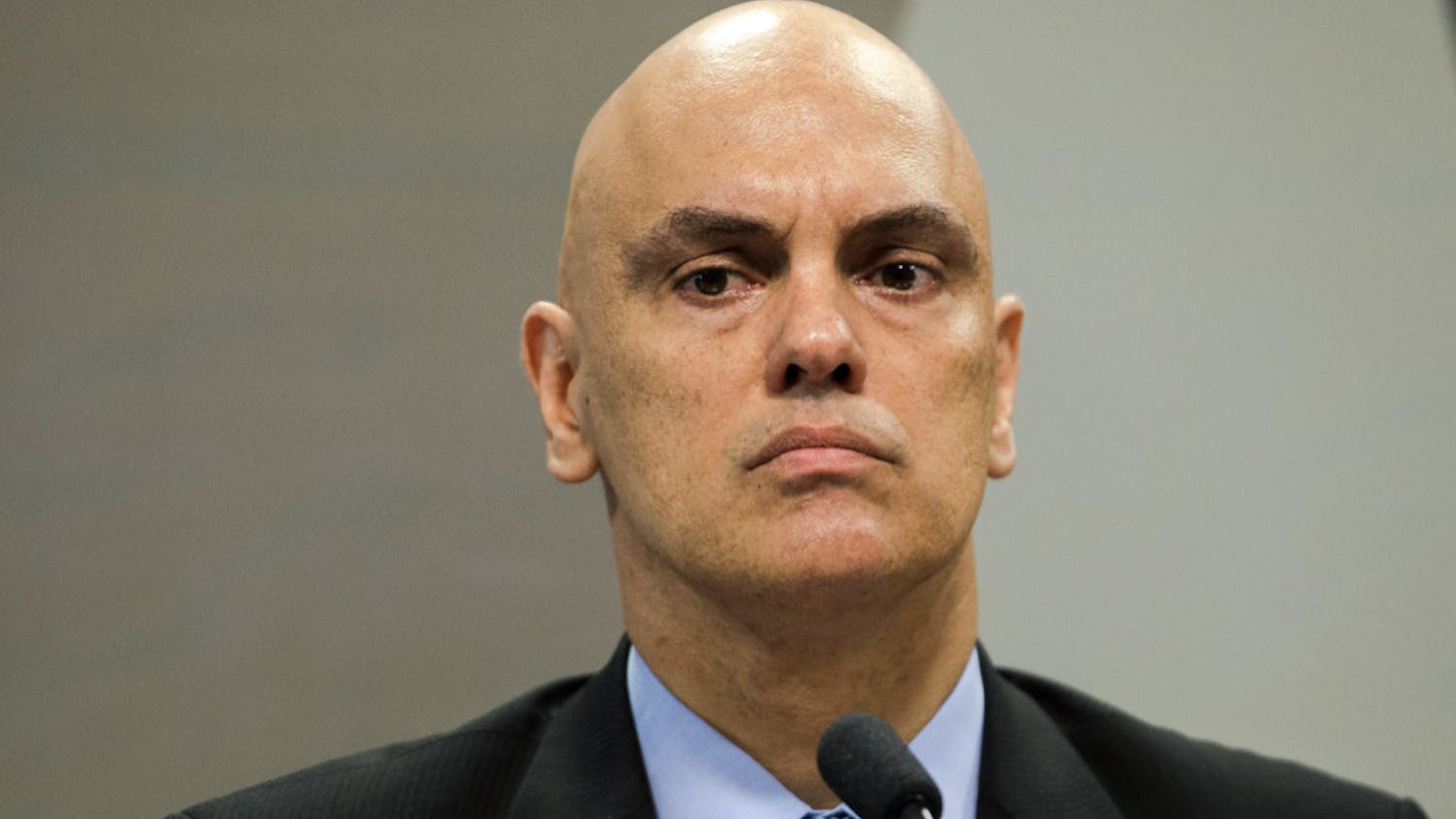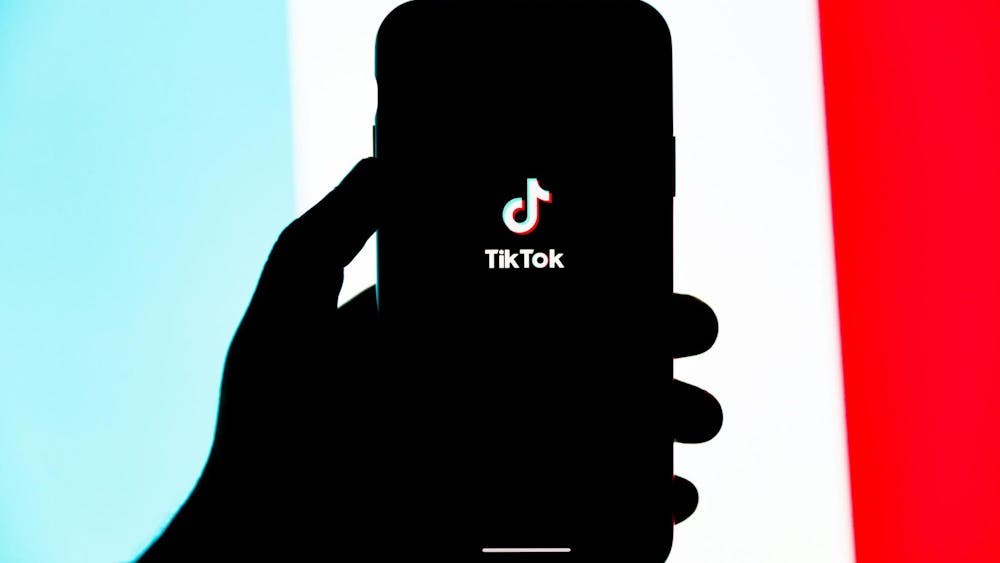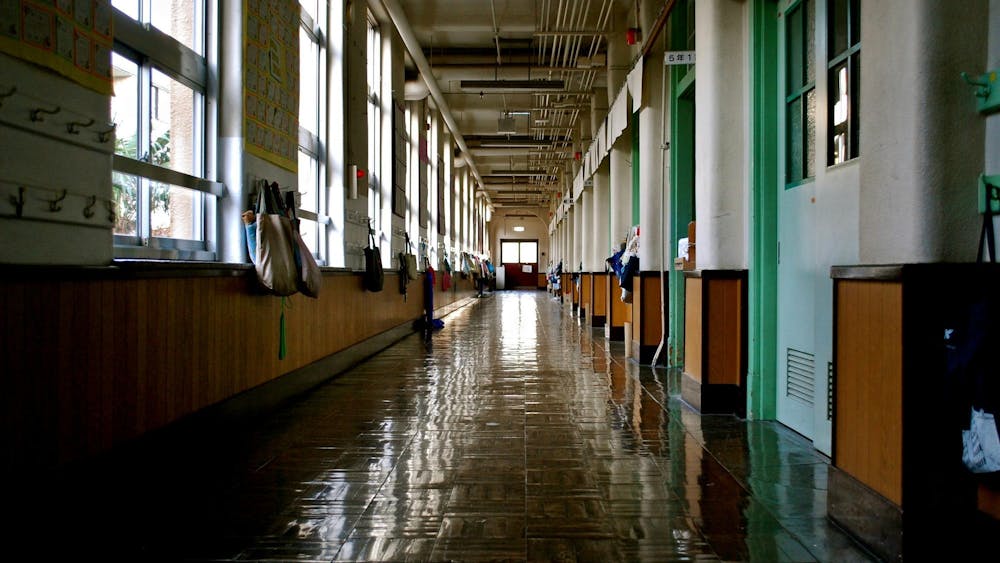I know what you’re thinking: the Sixties is possibly the most controversial decade in history, and this girl is probably obsessed with the revolution of the careless, Bob Dylan-loving hippies. (And I am, in a way.)
I, too, had my own preconceptions about this era, but they were uprooted while studying the decade this semester.
My class recently finished reading Tom Wolfe’s “The Electric Kool-Aid Acid Test,” a non-fictional account of Ken Kesey and his comrades, the Pranksters, as they frequently trip on LSD.
The Pranksters tour the West Coast in a technicolor van, hosting a series of “acid tests.” The gang would spike gallons upon gallons of Kool-Aid and — to put it simply — trip, sometimes with hundreds of people.
The basic movement of the story seemed much like Jack Kerouac’s “On the Road” on LSD: travel somewhere, take acid, meet new friends, repeat.
But by the end of the tale, I sympathized with Kesey and the Pranksters, despite their relentless desire to haze the world around them. We talked in class about how they hoped to find the means to transcend into an altered state, an idea people practice every day by meditating, listening to music, watching certain movies and even by doing extra-thrilling sports, like skydiving. I had never considered this sort of transcendence being possible without drugs, and Kesey didn’t either, which was why, for me, the ending was so sad.
The group continually “entered the door” of a distorted, spiritual reality, only to be thrust backward once their LSD trips had ended. At the closing of the book, not to spoil anything, Kesey and the tiny number of remaining Pranksters are in a dark garage, playing the electric guitar and repeatedly singing, “We blew it.”
Even though I knew their adventure would have to end somewhere, just like most fads of the Sixties, I couldn’t believe Kesey had come to this conclusion after all the transcendental ideas and insight he had obtained and preached.
Grateful Dead soundman Owsley Stanley, the man behind the group’s best-cooked LSD, even told Kesey all of his self-proclaimed discoveries and religious experiences only happened because of the drugs.
It’s true, obviously, and while it’s fun to read about the Pranksters’ adventures, I think it’s a story that needs to be read cautiously. A part of me wishes the crew could have sustained the values they learned from their trips, but in reality, none of it would have been possible without the drugs.
Just like the hippies of the Sixties, Kesey and crew came face-to-face with the realization that they had to find a way to nourish the blurred, drug-inspired realms of love and happiness without the drugs, which, to me, boosts the fact that we make our own happiness.
The views expressed in the Inside Column are those of the author and not necessarily those of The Observer.













